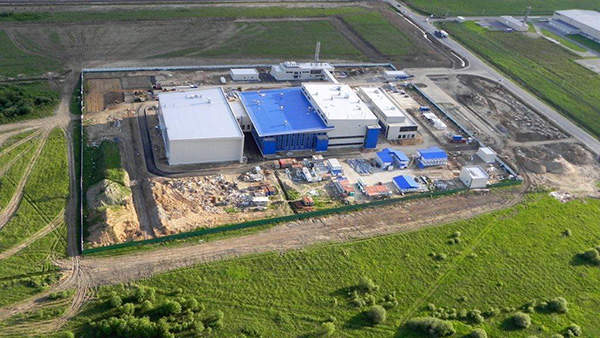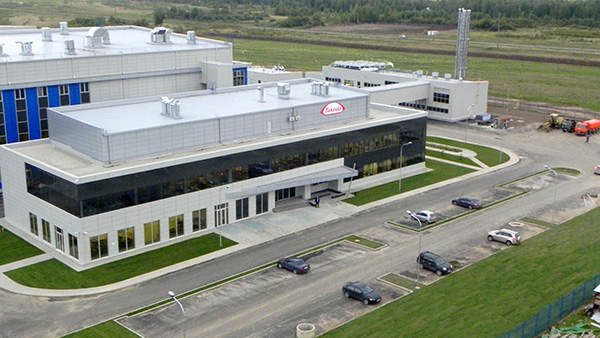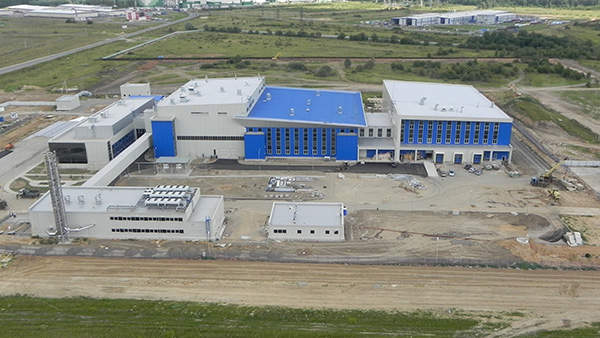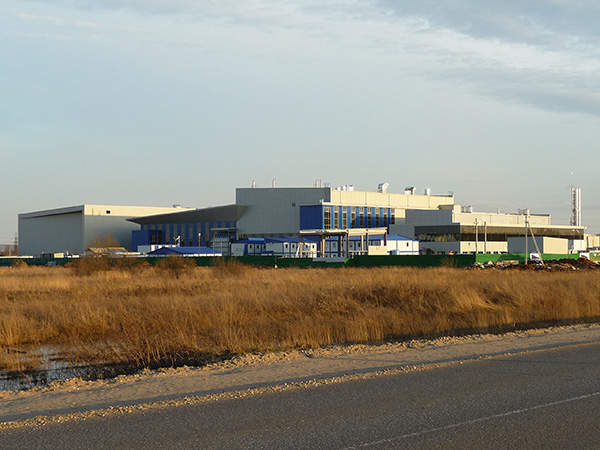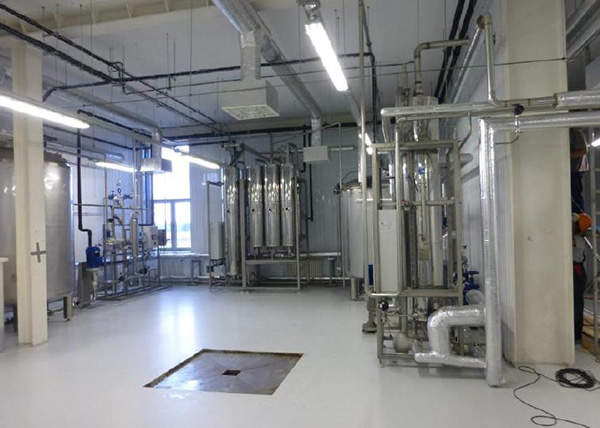In September 2012, Japanese pharmaceutical company Takeda Pharmaceutical finished building a manufacturing facility at Yaroslavl, Russia.
The plant is located 280km away from Russia’s capital city, Moscow. The first phase of commercial production at the plant began in September 2013.
The pharmaceutical plant was built at a cost of €75m ($97.4m). It manufactures liquid sterile products (ampoules and vials) and solid medicines (tablets), including actovegin, cardiomagnyl and calcium tablets, for the Russian medical market.
Production at the Takeda Pharmaceutical manufacturing plant in Yaroslavl
The plant has a built-up area of 24,000m² (258,334ft²). It was licensed to begin production in December 2012 after successfully clearing an inspection by the Ministry of Industry and Trade of the Russian Federation.
It features both liquid and solid production technologies. It is expected to manufacture around 90 million sterile ampoules and more than two billion tablets a year during the first phase of production.
The next phase of development includes the start of the full production cycle, which is expected to begin in 2014. Takeda Pharmaceutical has received registration certificates for each of the drugs from the Russian Ministry of Health and plans to begin full-cycle production in 2014.
Contractors involved in the project in Yaroslavl
The plant’s general construction contract was awarded to PharmaGroup, a Russian engineering company that offers a full range of services for the pharmaceutical and medical industry.
Construction of the plant started in June 2010 and by March 2011, the roof construction was completed. The final stages of construction were completed in September 2012.
PharmaGroup completed the plant’s construction within the stipulated time and according to local and international good manufacturing practice (GMP) standards. It has also strictly adhered to the latest safety and environmental standards.
Details of Takeda Pharmaceutical’s head offices and Russian operations
Takeda is Japan’s largest pharmaceutical company. It has head offices in Chuo-ku, Osaka and Tokyo.
The company manufactures and markets drugs in 100 countries. It has 17 in-house production plants, which are located across 14 countries.
Takeda also has three production bases in Asia, which are run through joint ventures.
In 2011, Takeda acquired Nycomed, a Switzerland-based pharmaceutical company, for €9.6bn ($13bn). The acquisition allowed Takeda to enter the Russian market, which contributed $15m in pharmaceutical sales in 2011. The growth in pharmaceutical sales further cemented the company’s plans to enter the Russian market.
Details of Takeda Pharmaceutical’s expansion into Yaroslavl
The completion of the Yaroslavl facility allowed Takeda to make a direct presence in the Russian pharmaceutical market.
Takeda is the only major pharmaceutical company to have invested significantly to establish a manufacturing facility in Russia. The company intends to leverage the Russian market by producing the blood substitute actovegin, the heart attack-preventive drug cardiomagnyl, aspirin and over-the-counter calcium tablets.
The Yaroslavl plant will also consolidate Takeda’s production for the Russian market by avoiding import duties from sites in Austria, Germany and Norway.
Commentary on Russia’s pharmaceutical market
Russia has the 11th biggest pharmaceutical market in the world, with sales passing $14.7bn in 2011. Takeda is well-established in the Russian market, with the company’s sales growth expected to reach 11% a year by 2016.
The pharmaceutical market in Russia is expected to change in future, with the government deciding to alter the coverage scheme from 2016 onwards. Third-party reimbursement is rare in Russia, which has made it a major market for branded generics.
The market for new drugs is expected to grow, but with the change in the government’s coverage scheme, it will be imperative for the companies to have sales and marketing infrastructure in place to produce established and innovative products. New drugs must undergo clinical trials in Russia to receive a national license.
GSK, Teva and AstraZeneca are also planning to enter the Russian pharmaceutical market by establishing manufacturing facilities there.

